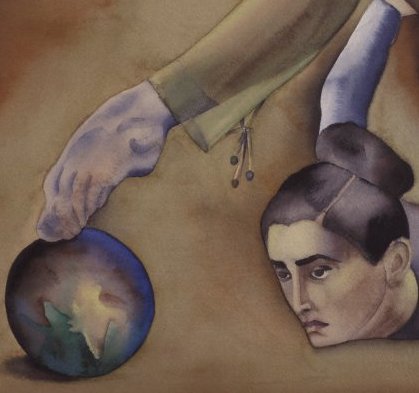
Note 8
It’s been one of those periods at Out of Print where even though we’ve been in stride with time, cognisant of the passage of the days, and aware of the things that need to be done, we’ve simply been unable to get to them. The June 2012 issue of Out of Print is late. But in the interim since the March release, we have been active.
We’ve celebrated the successes of Out of Print. Our authors have new and acclaimed publications, have won coveted prizes, and have been identified among the most promising writers of South Asia – the Out of Print blog contains details.
We’ve discussed the interesting dilemmas we face given the complexity of the Indian voice in English, how it can waver from acceptable norms of grammar and punctuation, syntax and format, and yet tell a good story.
And we have read a ton of stories.
The six stories in the current edition of Out of Print vary enormously in style, content and craft. We feature Rahul Soni’s metaphoric and finely told Local. A man on a local train in Mumbai finds himself transported to a place that echoes his emptiness of purpose, a solitary space where all is minimised to the random, to the accidental. Radhika Venkatarayan’s The History of Objects also examines a minimal existence, although her story is about acquisition and the meaning of letting go. The Brothers Kansara, an extract from Vidya Samson’s Indian Maiden’s Bust Loose uses a light hearted and amusing style to deconstruct the meaning of family and the mindlessness of social constraints. In Mansha Tandon’s The Invisible Constituency the reader must once again confront societal constraints, this time, with devastating consequences – the mass produced working environment of the young technology recruit allows little room for individuality. Anubha Yadav’s Naked Gods told from the point of view of a child is an intensely observant piece that follows the disintegration of a young man who is unable to come to terms with the corruption of his own innocence. Sashikanta Mishra’s Deerskin deals with a different scale and scope of corruption – social and institutional. Balance is perturbed when an unshakeably honest forest officer is posted in the region and only a higher power can resolve the situation.
With the stories we have chosen for this issue, we have tried to examine our perspective towards the urban. We hope the stories will resonate with you.
The art on the cover of Out of Print 8 is by Anju Dodiya.
